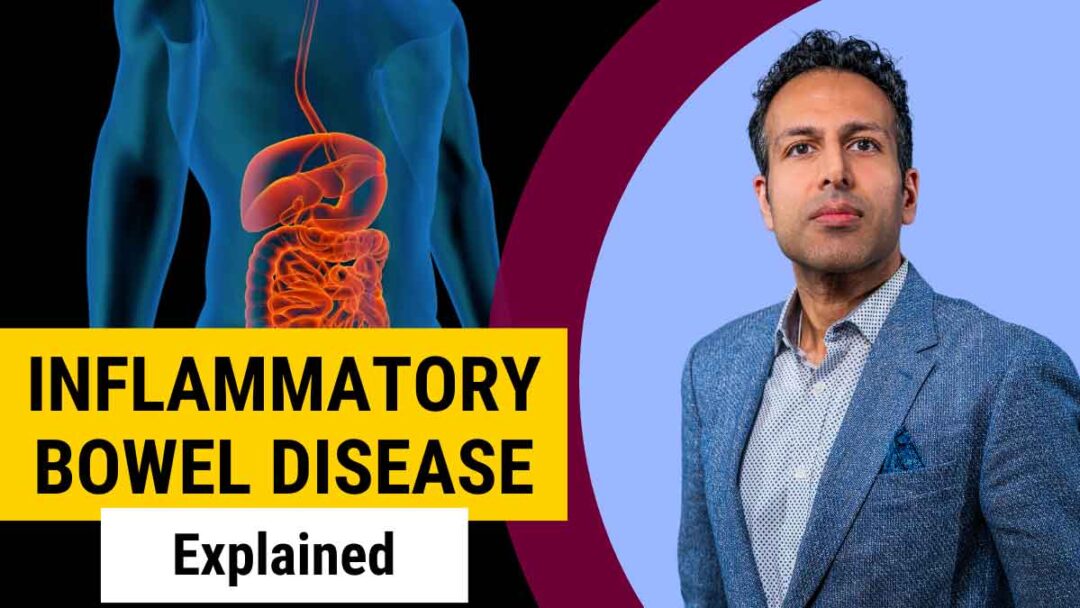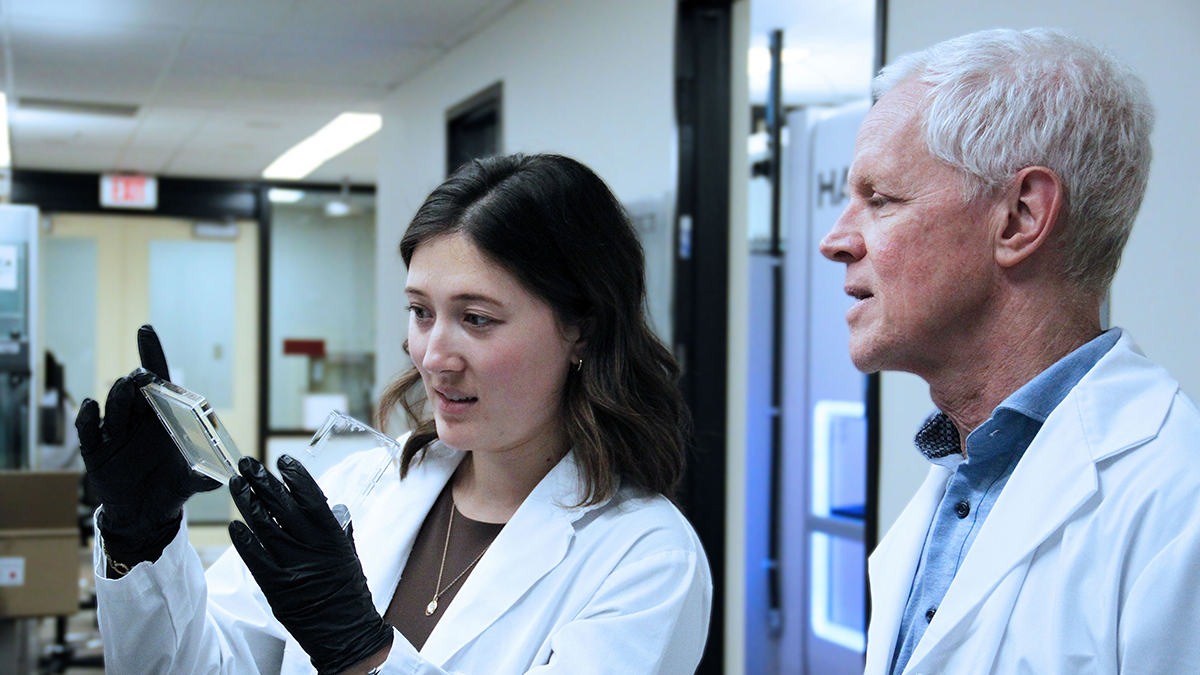What you need to know about inflammatory bowel disease

Inflammatory bowel disease, or IBD, is commonly confused with irritable bowel syndrome, or IBS.
Neeraj Narula, gastroenterologist and associate professor in the Department of Medicine, says that these diseases are very different.
Narula explains IBD is a chronic condition where there is evidence of inflammation occurring within the bowels. “There are conventionally two types of IBD,” says Narula, “including Crohn’s disease and ulcerative colitis.”
Narula describes ulcerative colitis as an inflammation of the very inner lining of the colon, whereas Crohn’s disease can lead to full thickness inflammation of the bowel wall, anywhere in the gut.
There is no known cure for inflammatory bowel disease, Narula explains, because the cause is uncertain.
“What we do know is that the body’s immune system is responding to something inside the bowels that leads to inflammation occurring here,” says Narula. “We have seen higher rates of IBD in industrialized nations, which has led to theories that westernization may somehow be implicated.”
In 2023, Narula published a paper in The British Medical Journal (The BMJ), linking the consumption of high-processed foods to the development of IBD.
“We found that people who have five or more servings of ultra-processed food in a day are almost five times more likely to develop Crohn’s disease, compared to those with less than one serving a day,” explains Narula of the study’s findings.
“What we are trying to learn now is whether removing these foods from the diet once you have IBD will lead to improvement in inflammation of the bowels,” says Narula.
Dept. Med, Education, ResearchRelated News
News Listing

January 6, 2025

Department of Medicine ➚
Pain to progress: An impactful history of lupus research and care at McMaster
Collaborations & Partnerships, Education, Research
December 20, 2024

Brighter World ➚
McMaster research in 2024: From AI innovation to breakthroughs in health care
Research
December 17, 2024
